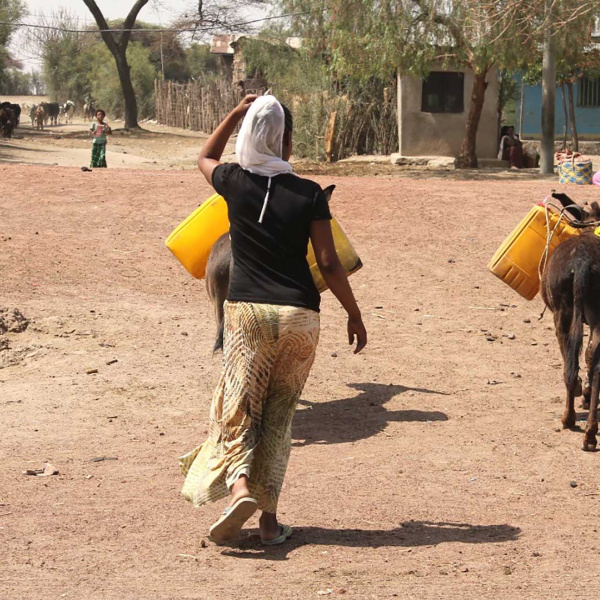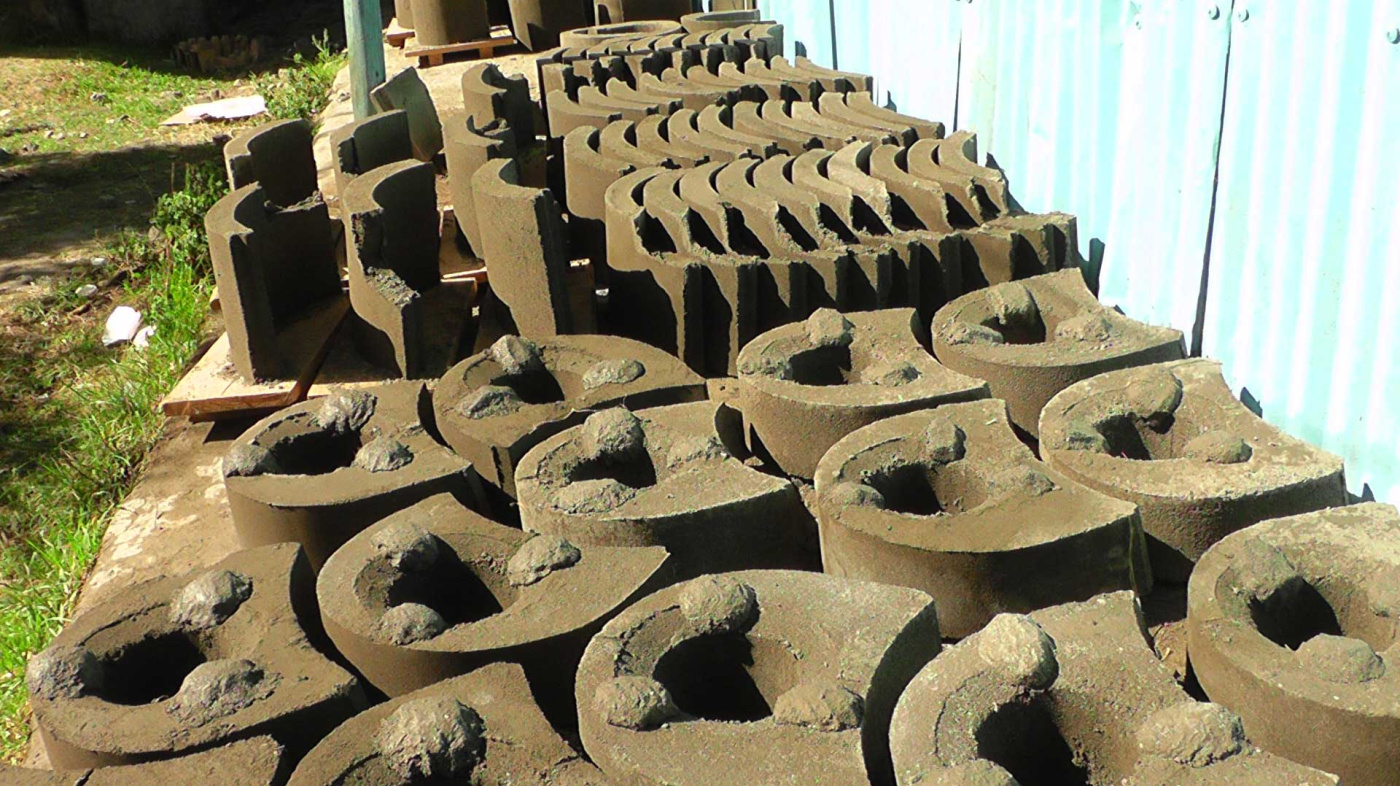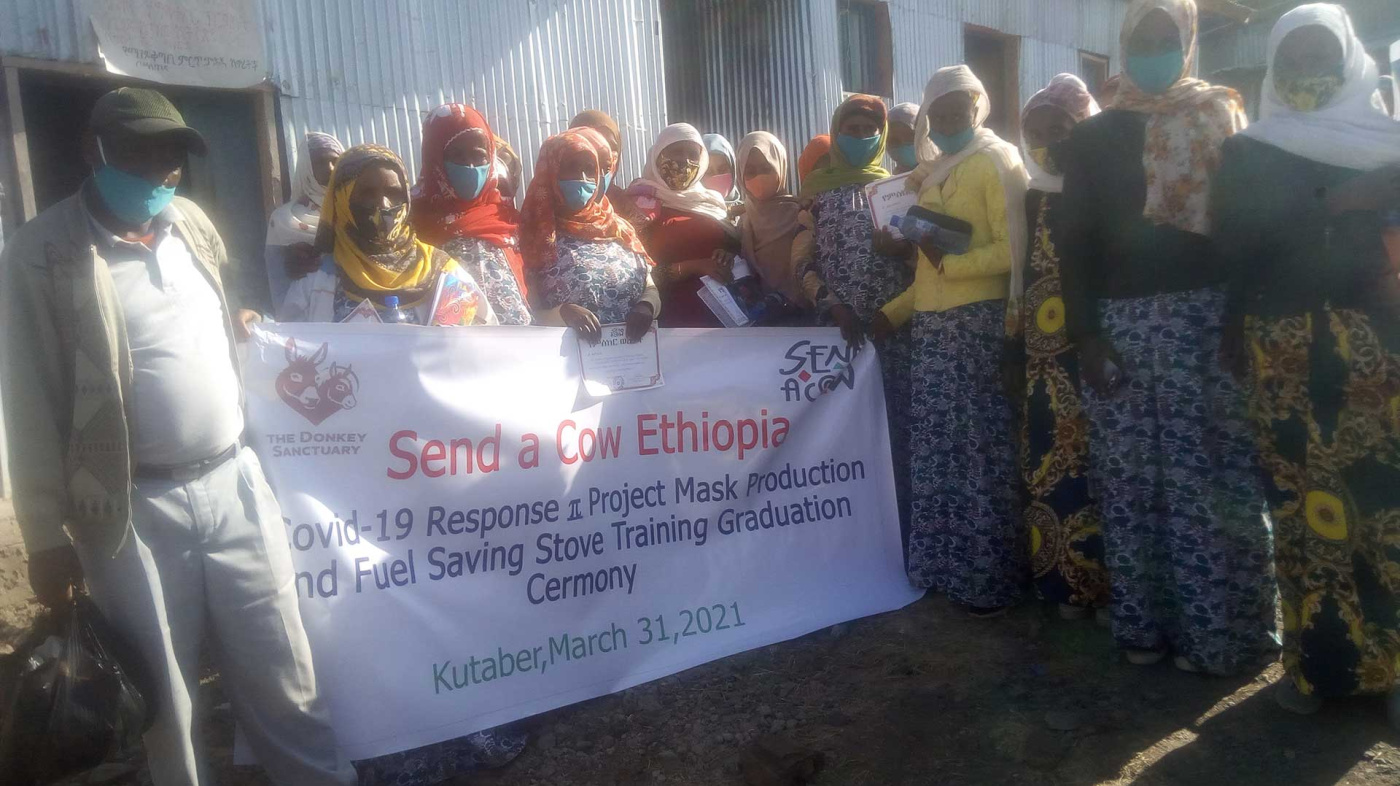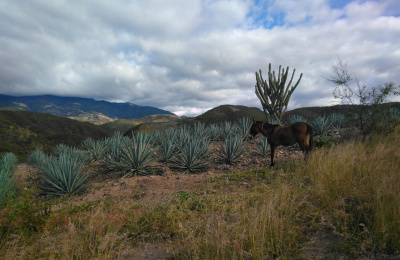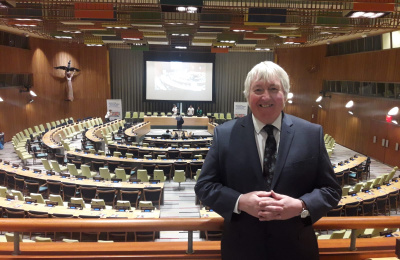Hundreds of women in Ethiopia have been equipped with skills to provide lasting care for their equines thanks to a fund launched by The Donkey Sanctuary.
We collaborated with Send A Cow (now known as Ripple Effect), an organisation that brings smallholder farmers together to learn new skills and share knowledge to improve their livelihoods and thrive. We rolled out training in the Amhara region of the country to teach the women how to prevent the spread of crop and animal disease and provide adequate care for their animals.
The project was made possible by The Donkey Sanctuary’s Covid-19 Emergency Response Fund (CERF), which was launched in July 2020 to tackle the immediate and acute need that the coronavirus pandemic caused within working equine and equine-owning communities across the globe.
The widespread national lockdowns worsened the social, economic and welfare challenges already faced by these communities.
The successful grant recipients include animal welfare and rural development organisations, research institutes and universities, all of which proposed projects incorporating immediate relief work alongside more sustainable activities to build community resilience.
Send A Cow was one of the 70 applicants to request funding from CERF and one of eight six-month projects that were rolled out following a review process.
Around 600 women in the Amhara region received training, while communities received help to increase and diversify their income in response to the pandemic by producing affordable face masks and energy-saving stoves they can sell to provide an income.
The stoves make efficient use of scarce local materials, meaning donkeys and mules no longer need to carry firewood on long, difficult journeys that can damage their long-term health.
This also enables households to become more sustainable and better able to care for their working donkeys.
Alem Ali, 38, is married and has three children. She lives in Doshign Kebele, Kutaber district, Ethiopia. She says: “I learned a lot about the importance of fuel-saving stoves. We use cow dung and firewood for cooking food.
“Nowadays, the price of a bundle of firewood has reached 80 birr (around £1.30), which is very expensive to afford for a low-income family. We are taught that using the new stove reduces firewood by half and the cash allocated for it.
“The project has provided us with a frame and other accessories that enable us to produce the stoves ourselves. The training was very helpful.
“The grain produced from our small farm plot is insufficient to cover our food needs. My husband and I are making an effort to diversify our income. In addition to poultry and vegetable production, I will earn cash income by selling the fuel-saving stoves to community members.
“As the rain is unreliable and drought is common, earning cash will help me complement my livelihood.
“After the training in push-pull technology, which is very important to protect our maise crop from stalk borer, I have planted elephant grass which is growing very well. It will be good to feed my animals.”
More than 5,000 community members also benefited from handwashing facilities, which were set up to prevent the transmission of Covid-19.
